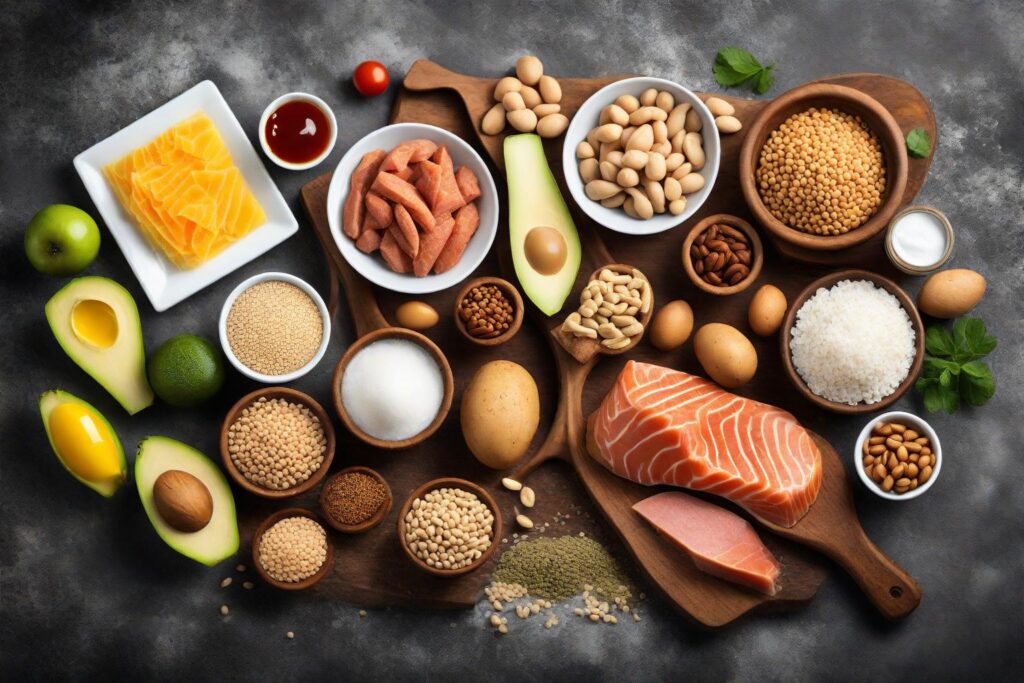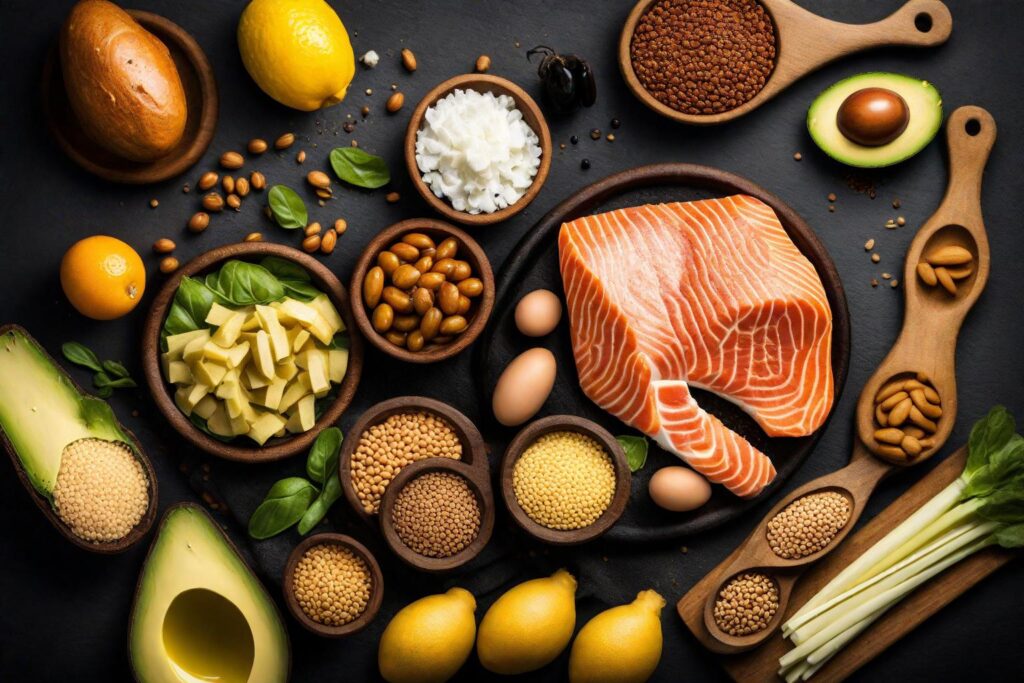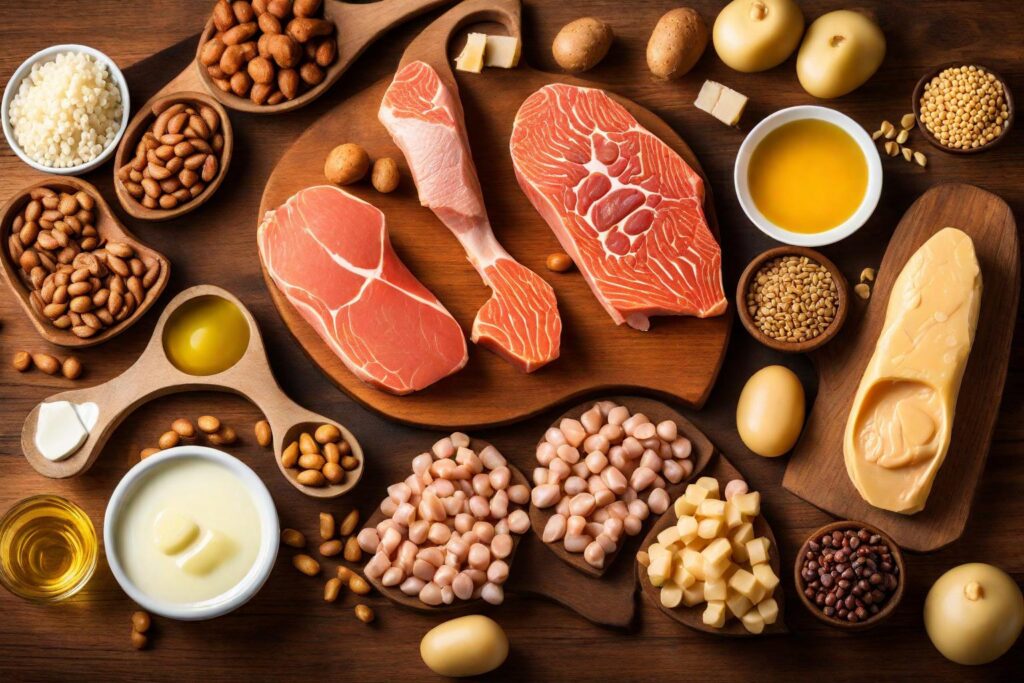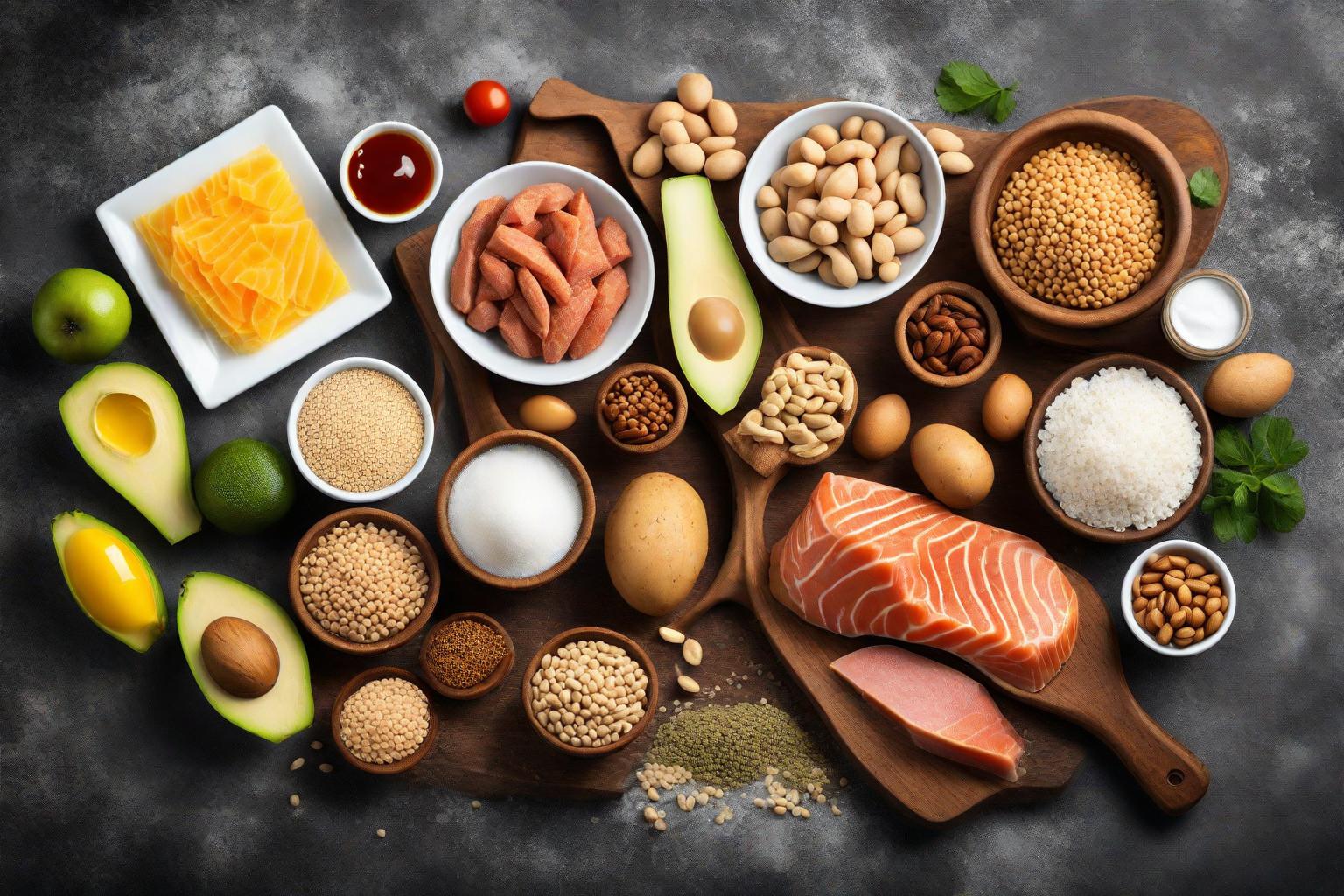Besides carbohydrates a major source of energy in our food is constituted by

When it comes to discussing energy sources in our diet, carbohydrates often take center stage. However, it’s crucial to understand that there’s another major player in the game – a vital component that complements carbohydrates in fuelling our bodies. Besides carbohydrates, a major source of energy in our food is constituted by fats. This article aims to shed light on the role of fats as an essential energy source and their importance in a balanced diet.
You must read this Oil and fat containing food are flushed with nitrogen why? Preserving Freshness and Quality
Table of Contents
The Role of Fats in Our Diet
Fats, often misunderstood and wrongly vilified, are a crucial macronutrient in our diet. They serve several key functions:

- Energy Source: Fats provide a concentrated source of energy. In fact, per gram, fats offer more than double the energy provided by carbohydrates or proteins (about 9 calories per gram for fats, compared to 4 calories per gram for carbs and proteins).
- Vital for Bodily Functions: Fats are necessary for the absorption of fat-soluble vitamins (A, D, E, and K) and are vital for hormone production, cell growth, and the maintenance of body temperature.
- Supporting Brain Health: Fats, especially omega-3 fatty acids, are essential for brain health and cognitive function.
Types of Fats and Their Impact
Not all fats are created equal, and their impact on health can vary significantly:

- Unsaturated Fats: These are considered healthy fats. They can be found in foods like avocados, nuts, seeds, and olive oil. Unsaturated fats are known to support heart health and reduce inflammation.
- Saturated Fats: Commonly found in animal products and some plant-based oils, saturated fats should be consumed in moderation. Overconsumption can increase the risk of heart disease.
- Trans Fats: Often found in processed foods, trans fats are associated with a higher risk of heart disease and should be limited in the diet.
Balancing Fats with Other Macronutrients
While fats are essential, balance is key. A healthy diet should include a mix of carbohydrates, proteins, and fats. The general dietary guidelines suggest that fats should constitute about 20% to 35% of your total daily calorie intake. However, this can vary based on individual dietary needs and health goals.
Choosing Healthy Fat Sources
- Oily Fish: Salmon, mackerel, and sardines are excellent sources of omega-3 fatty acids. They contribute to heart health and cognitive function.
- Nuts and Seeds: Almonds, walnuts, flaxseeds, and chia seeds are not only rich in healthy fats but also fibre and protein.
- Plant Oils: Olive oil, particularly extra-virgin olive oil, is a staple in healthy diets like the Mediterranean diet. Other beneficial oils include avocado oil and flaxseed oil.
- Avocados: Loaded with monounsaturated fats, avocados are also a good source of fibre and potassium.
- Eggs: Particularly omega-3 enriched or pastured eggs, are a great source of healthy fats along with a range of other nutrients.
.
Conclusion
Fats, alongside carbohydrates, are a major source of energy in our food and play a pivotal role in maintaining good health. By understanding the types of fats and incorporating healthy sources into our diet, we can achieve a balanced and nutritious diet that supports our body’s energy needs and overall well-being.

